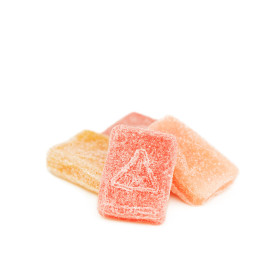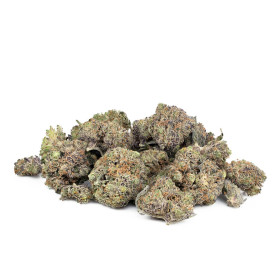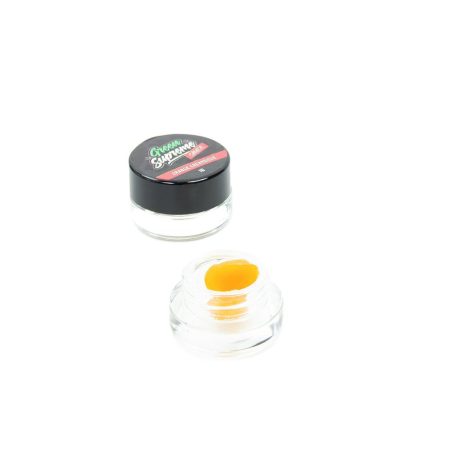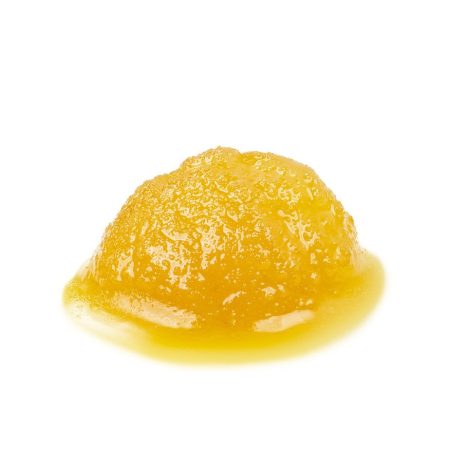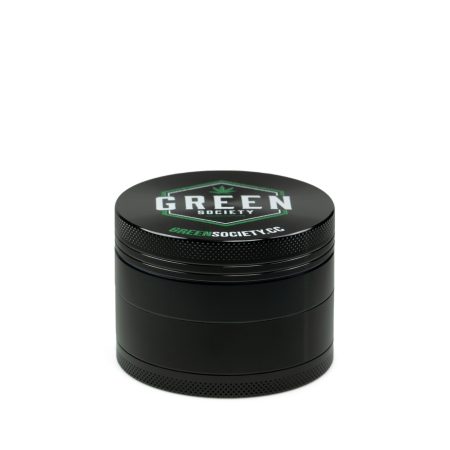Marijuana
Fight Cancer with Cannabis
Many people are curious about whether cannabis fights cancer. While there are no definitive answers at this point, there has been some promising research. Many people who have used the substance have reported its ability to mitigate symptoms related to the disease and treatments. Yet, the jury is still out as to whether the plant is a cure for cancer. Let’s dive a little deeper into the ins and outs of cannabis and cancer to separate the fact from fiction.
What Is Cannabis?
Cannabis is a plant that contains many active ingredients known as cannabinoids. The most highly studied cannabinoids include cannabidiol (CBD) and THC. You may also hear the plant go by many other names, including marijuana, pot, weed, and grass, among others.
The compound at work when it comes to getting high is THC. Conversely, CBD will not get you high on its own, making it useful for people interested in its medicinal properties. In discussions about cannabis cancer treatment, the research most often refers to CBD.
How Can You Take CBD?
CBD is available in many forms. Some ways produce effects quicker than others, but other than that, how you consume CBD is entirely up to personal preference. Some options for people with cancer include:
- Herb/flower
- Topical creams
- Edibles (food and beverages)
- Vaporizers
- Tinctures
- CBD oil
The variety of forms make it amenable to people with various types of cancer. For example, users with lung cancer do not need to smoke marijuana to avail of CBD benefits. Instead, they can ingest it as CBD oil or edibles.
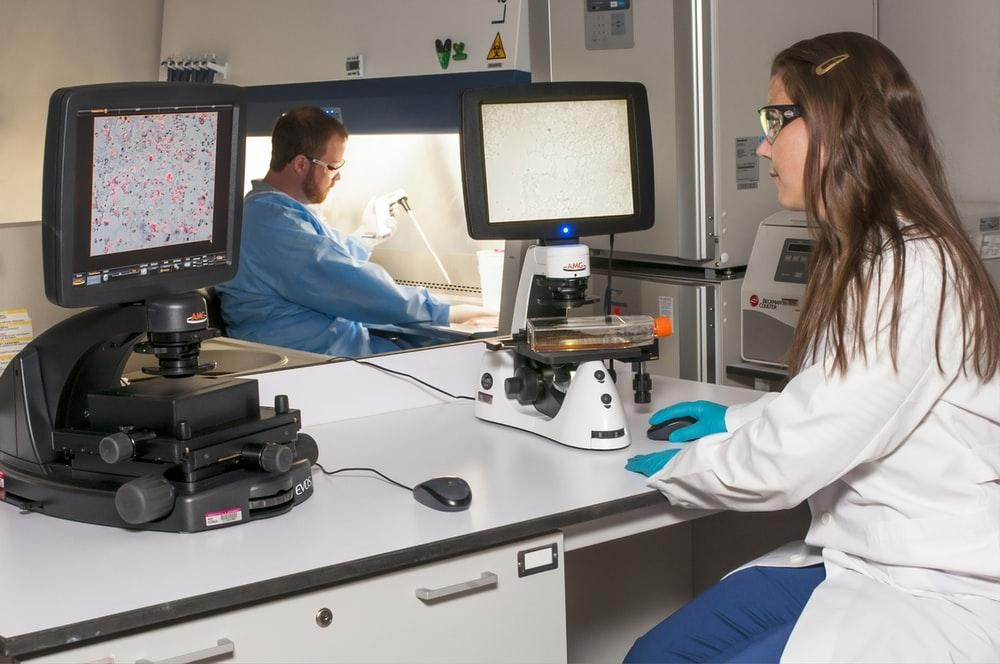
What Research Exists on Cannabis and Cancer?
It is essential to note that, as of now, there have been no clinical trials on humans that definitively show that cannabis counteracts the effects of cancer. However, there have been quite a few experiments with animals. These studies make many researchers optimistic about the implications for humans.
In a 2011 study on human cell cultures and mice, researchers found that CBD made carcinoma cells less viable and mitigated tumor spread. A 2015 observational study found that there may be a correlation between the use of cannabis and the reduced prevalence of bladder cancer. In another study, researchers studied mice undergoing chemotherapy while simultaneously taking CBD. They discovered that the treatments made the mice three times more likely to survive.
Most studies that have involved people have not necessarily proved the effectiveness of cannabis. It is currently not recommended that patients forgo traditional cancer treatment methods entirely in favor of cannabis instead. However, there is broad acceptance among the scientific community that it is safe for patients to consume.
Prominent cancer researcher Yang Qu announced in 2018 that he would be shifting his focus to cannabis exclusively. He stated that the legalization of the plant in Canada greatly influenced his decision. This move is exciting for the future of cannabis cancer treatment in Canada.
These studies and others lead many people to believe that cannabis fights cancer. As scientists search for how to cure cancer, more are beginning to realize the beneficial role of cannabis.
How Does Cannabis Help with Cancer Symptoms?
Common symptoms of cancer and chemotherapy include pain, anxiety, and nausea. There has been far more research conducted on how cannabis affects these ailments than cancer specifically.
Chronic Pain
Many different studies have provided evidence that CBD and THC can work together to combat chronic pain. Quite a few studies have observed the effects of cannabis on neuropathic pain with moderate success.
A drug made from a cannabis extract that includes both THC and CBD, known as Nabiximols, mitigates cancer pain. The drug also shows potential in treating pain stemming from MS as well as muscle spasms.
Nausea
Nausea is one of the most debilitating symptoms of cancer treatments. Patients undergoing chemotherapy often deal with nausea on a near-daily basis. However, studies have shown that cannabinoids can help regulate nausea through the body’s endocannabinoid system.
There are currently two chemically fabricated drugs that mimic the compounds in cannabis to mitigate nausea. They are Dronabinol and Nabilone. Dronabinol also increased appetite in HIV patients, although with less impressive results for cancer patients.
Anxiety
Going through cancer treatment can cause extreme anxiety. However, CBD has shown to have mood-regulating properties. Its effects can help people with even the most severe forms of pain-related anxiety to cope.
Cannabis provides an alternative treatment for people to turn when they have no other options. Finding a cancer cure for stage 4 patients is unlikely, leading many people to try CBD. The plant enables them to be as comfortable as possible.
What Are the Down Sides of Using Cannabis to Treat Cancer?
While public and scientific acceptance of cannabis use is growing, it does not mean that it is right for everyone.
For example, cannabis can be quite useful in mitigating anxiety in some people. In others, it can cause anxiety. The anxiety-inducing effects are most likely due to the higher levels of THC. CBD helps to counteract these effects.
Additionally, the substance has also caused some people to become disoriented and paranoid. Some users report developing an unhealthy dependence on the drug, as well.
If you decide to give cannabis a try, it is crucial to take it slow at first to ensure you do not suffer from any adverse reactions. You should also be aware that there are many strains, each providing varying effects. You may need to experiment with several strains before finding the one that works best for you.
Conclusion
The research indicates that cannabis is not a certified cure for cancer at this point. However, its full potential is still under investigation. There is still a lot of work to do to determine this plant’s possibilities as a form of cancer treatment. As the substance becomes more popular and restrictions surrounding its use relax, more research will become available. Hopefully, eventually, a definitive treatment plan and a cure for cancer will become possible with the help of cannabis.


